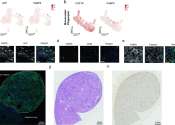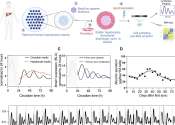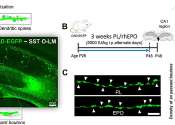Researchers identify gene linked to development of fatty liver disease
New research from the University of Aberdeen could lead to the development of medication for disease that affects 1 in 4 people worldwide but is currently untreatable.
Apr 30, 2024
0
32









